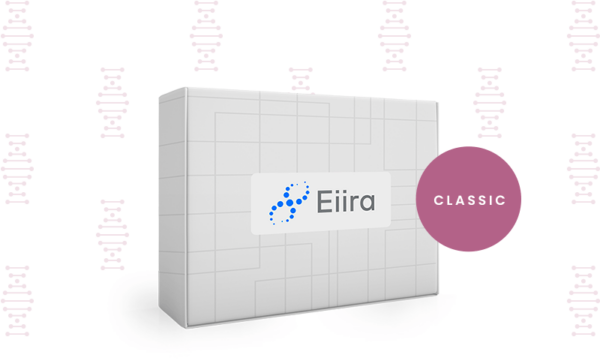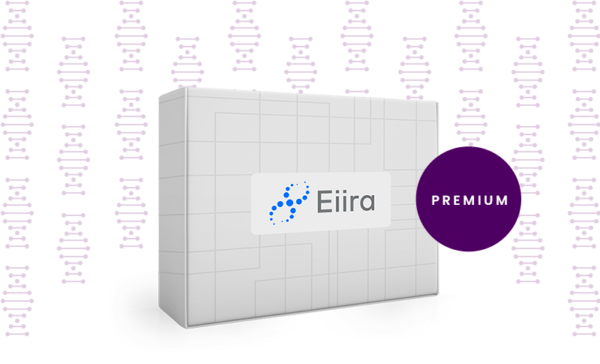
There are several genetic tests used to assess breast cancer risk, primarily focusing on the analysis of specific genes associated with an increased likelihood of developing the disease. Some of the most common genetic tests for breast cancer risk include:
- BRCA1 and BRCA2 testing: These tests analyze the genes BRCA1 (breast cancer gene 1) and BRCA2 (breast cancer gene 2), which, when mutated, significantly increase the risk of breast and ovarian cancer in women, as well as breast and prostate cancer in men.
- Multigene panel testing: This type of testing examines several genes simultaneously, including BRCA1 and BRCA2, as well as other genes linked to an increased risk of breast cancer, such as TP53, PALB2, PTEN, and CHEK2. Multigene panel testing can provide a more comprehensive assessment of an individual's risk of breast cancer.
- Whole-exome sequencing: This test focuses on the protein-coding regions of an individual's genome, called the exome. By sequencing the exome, it is possible to identify known and potential new genetic variants associated with breast cancer risk. Whole exome sequencing is more targeted than whole genome sequencing and can be more cost-effective, but it may still not be routinely used for breast cancer risk assessment in public healthcare systems. However, with the Eiira Classic genetic profile service, we give you the opportunity to use this type of test.
- Whole genome sequencing: This test involves sequencing an individual's entire genome, allowing for the identification of known and potential unknown genetic variants associated with breast cancer risk. However, this method is more complex, costly and is not routinely used for breast cancer risk assessment in the public healthcare system. With the Eiira Premium Genetic Profile Service, you have the opportunity to take full advantage of the technology. Without taking another test, you can stay up to date on new discoveries of gene mutations.
It is essential to consider that genetic testing for breast cancer risk has limitations and should be discussed with a genetic counselor or healthcare professional, in particular, if you have a family cancer history and if you have any cancer mutations. They can help individuals understand the implications, benefits, and limitations of these tests and make informed decisions about their screening, prevention, and treatment options.
References:
- National Cancer Institute. Genetics of Breast and Gynecologic Cancers (PDQ®)-Health Professional Version.
- American Cancer Society. Genetic Counseling and Testing for Breast cancer gene
- Regionala cancercentrum Hereditary breast cancer

